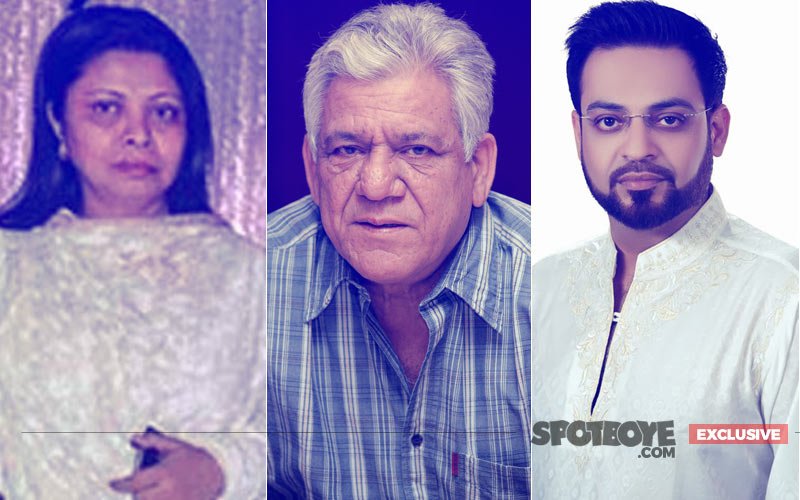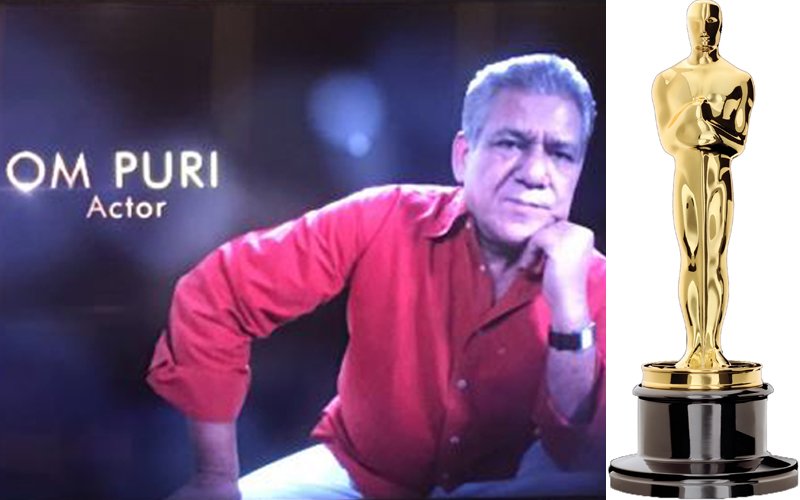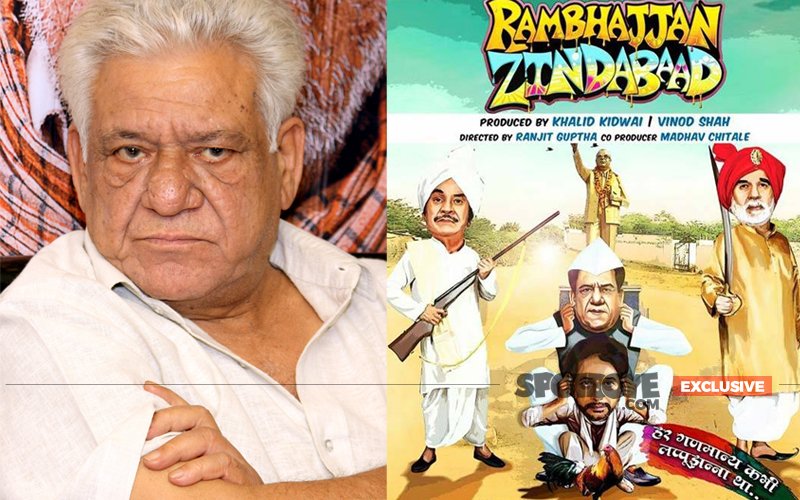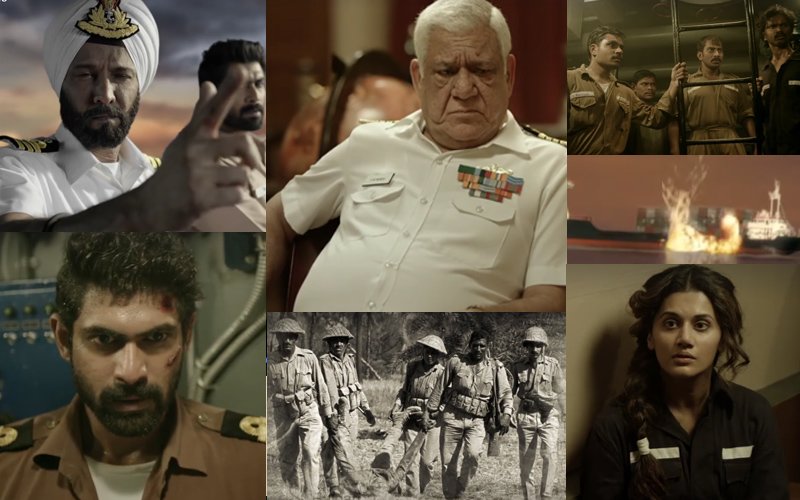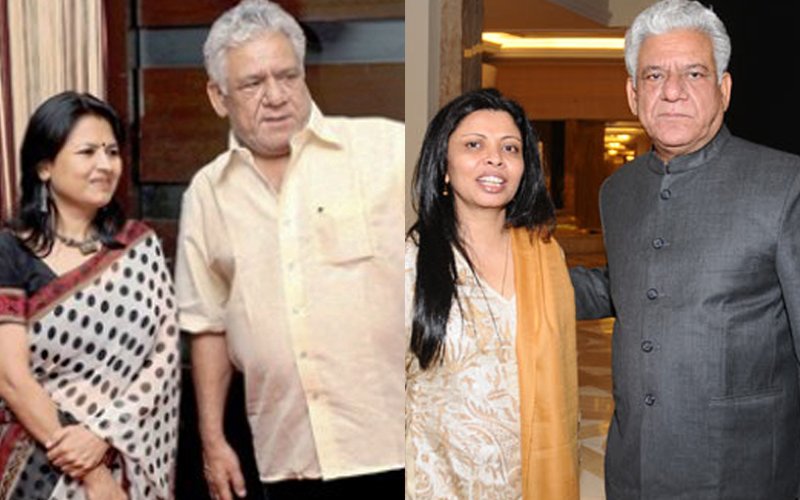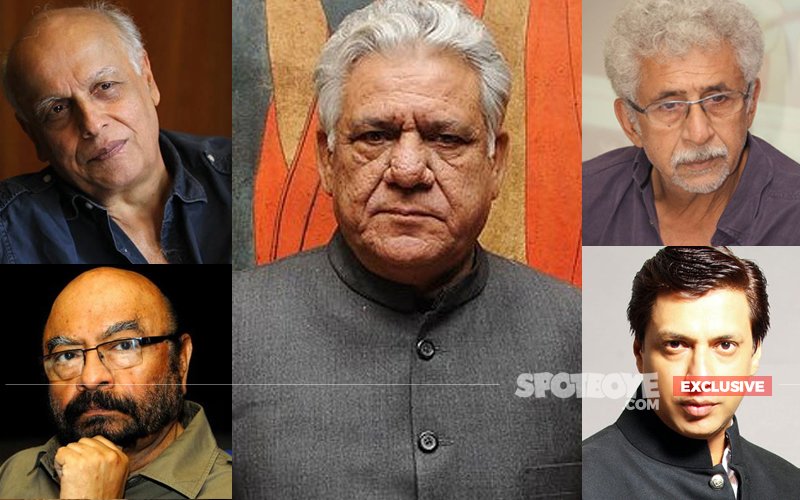Om Puri’s Last Interview: Legend Had Said, “Partition Is The Biggest Tragedy”
Among legendary actor Om Puri’s last films was Lashtam Pashtam. In an interview with the film’s director, Manav Bhalla, he speaks about the subject of the project, the message it conveys and the difficulties that a ‘small film’ faces
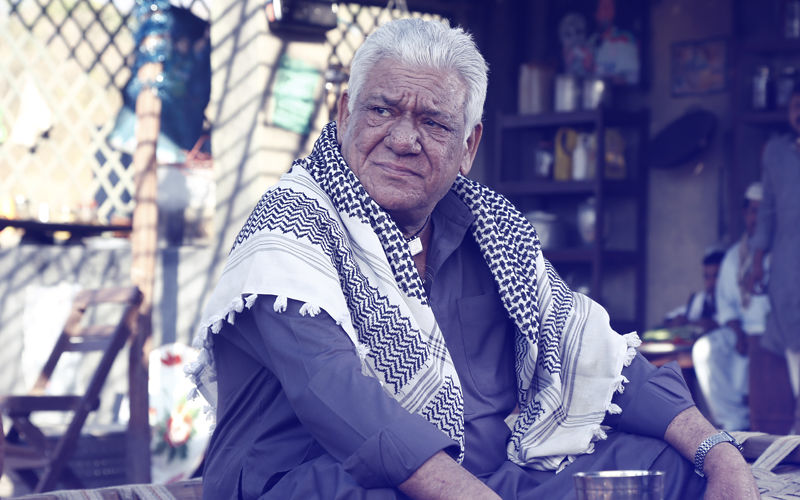
Om Puri will be
seen in Manva Bhalla's directorial, Lashtam Pashtam, which is touted to be the
legend's last film. Here's an interview with the late actor.
How was your
experience of working on Lashtam Pashtam?
I enjoyed working
with Manav; he is very jovial and very sweet. The work happened smoothly
without any hurdles. I have done my dubbing and now I am waiting to watch it. I
am really happy with my performance in the film, I know I am praising myself
but ab sach hai toh kya kare (smiles.)
Tell us something
about your character.
I play a
Pakistani taxi driver. An Indian who is lost in Pakistan and wishes to go to
Islamabad, which is burning due to bomb blasts, asks my character to take him
there. The taxi driver (Om Puri) refuses him but the youngster is so desperate
that anyhow he has to go to Islamabad. Though that youngster is an Indian, the
taxi driver decides to help him despite knowing that there is lot of risk. They
halt in between and he makes the youngster eat but youngster starts doubting the
driver’s loyalty that he might have an evil plan at the back of his mind.
Eventually in the end, the young Indian fellow is so grateful to this taxi
driver, as he opens his eyes by making him understand the importance of a
relationship.
What message would
you want to give to the audience through your character in the film?
My character
itself is giving out a message. Manav has written it in such a way that
tells people that hatred should end as it has no specific reason and we
are fighting forcefully. We are all human and we have stayed together for
years. Mughal rulers stayed here for almost 600 years. Before Independence, we
all stayed together, we have learned from all etiquettes (tehzeeb). Yes, there
have been some issues but like there is a dialogue in the film that issues
happen at home also, amongst Hindu brothers also and also amongst the
relatives.
There is another
line in the film where this driver says that my father is been buried in your
Lucknow and I wish to go there and aur mai unki kabar ke sajde pe baithu.
This is actually true, I have been to Pakistan 6 times and people come to me
and say that their fathers are been buried in various states in India. It’s a
biggest tragedy that in a short span of time, more than 10 lakh people died
(during Partition). When the Partition happened, brothers thought that let one
brother stay this side and other on the other side and this won’t change much
as they can anytime come on each other's side. But they never thought the
situation would become so bad. So this partition was the partition of
relationships, emotions and feelings and it’s a really painful thing.
I pray to God
that this film releases smoothly and that people watch it so that they get an
understanding through this film, because unfortunately people have to be
reminded of this again and again- that we must live and let live as we have
sacrificed a lot during the Partition.
How was your
experience of working with a completely new team, with a debutant director and
new actors?
Well I didn’t
know that it’s a new team, if I would have been aware about it, then I might
have not taken up the project (laughed). I never felt that it’s a new
team. You guys studied well, learned everything before starting the
film; aise hi thodi aakar camera pakde aur chal diye!
Any advice for
new filmmakers as it’s very difficult to get in and survive in the industry?
For small films,
there are more difficulties because in today’s time the rules for publicity
have been made in such a way that a small film cannot afford it. So I request
people who will see this interview that whenever you read something about small
films or hear about them, please go and watch because they can’t make noises
three months before the release date, neither can they have a lot of
advertisements on TV, nor can they afford big hoardings. In the case of a big
film with big stars as per current trends, they get a release in 5000 - 6000
screens collectively because buzz is created through lot of publicity, and the
film remains houseful for at least 4 days. After that if film does well then
it’s like cherry on the cake and if people don’t like the film then at least
the film manage to extract its expenses in those 4 days, which is difficult for
a small film. So it’s very important for a small film to convince people to
come and watch it by making them understand that it’s a good film, a good
story.
Lastly I would
say, you (Manav) shouldn’t stop making films. I don’t mean to say that other
directors don’t make good films with big actors, but I believe showing
realistic films is also important.
Image Source: youtube/zeemusiccompany
